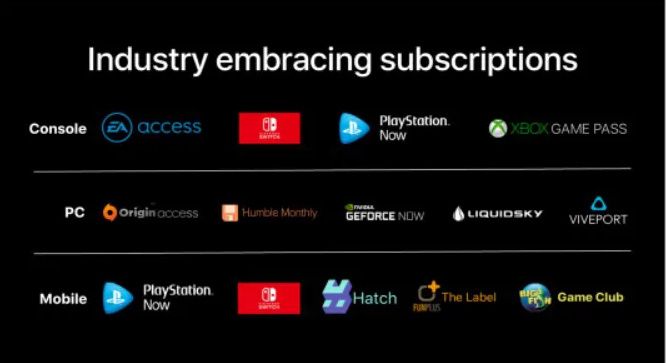PlayStation Now has been Sony's game streaming service for years now, primarily focusing on older PS3-era titles, but also serving a few more recent games. Sony hasn't given the service much attention, especially in light of competitors like Stadia and GeForce Now becoming more popular, and now it seems a significant feature was planned and then scrapped — mobile support.
PlayStation Now is only available on PC, the PlayStation 4, and the PlayStation 5, but The Verge found evidence in documents for the ongoing Epic v. Apple trial that Sony planned to bring PS Now to mobile devices. Apple had private knowledge of a "[not-yet-announced] mobile extension of an existing streaming service for PlayStation users, streaming access to over 450+ PS3 games to start, with PS4 games to follow." The information was in an internal Apple presentation about its own game subscription service, which later became Apple Arcade.
Even though Sony never launched PlayStation Now on mobile devices, other streaming platforms have proven it's a viable market. Google Stadia has been available on Android devices since day one, and has been joined by GeForce Now, Amazon Luna, and Microsoft Xbox Game Pass/Cloud Gaming.
Sony is reportedly working on a complete overhaul of its subscription services, which would replace PlayStation Plus and PlayStation Now, with at least one option that includes game streaming. The new service could potentially put up a fight against Xbox Game Pass, but we won't know for sure until (or if) Sony decides to release it. The rumored plans still don't include anything about mobile support.
PlayStation Now has 3.2 million active members, as of March 31, 2021. It costs $9.99 per month, with bundle packages available at $24.99 (for three months) or $59.99 (for an entire year). By comparison, Xbox Game Pass passed 18 million subscribers in January 2021, though not all of those people use the cloud streaming features.


